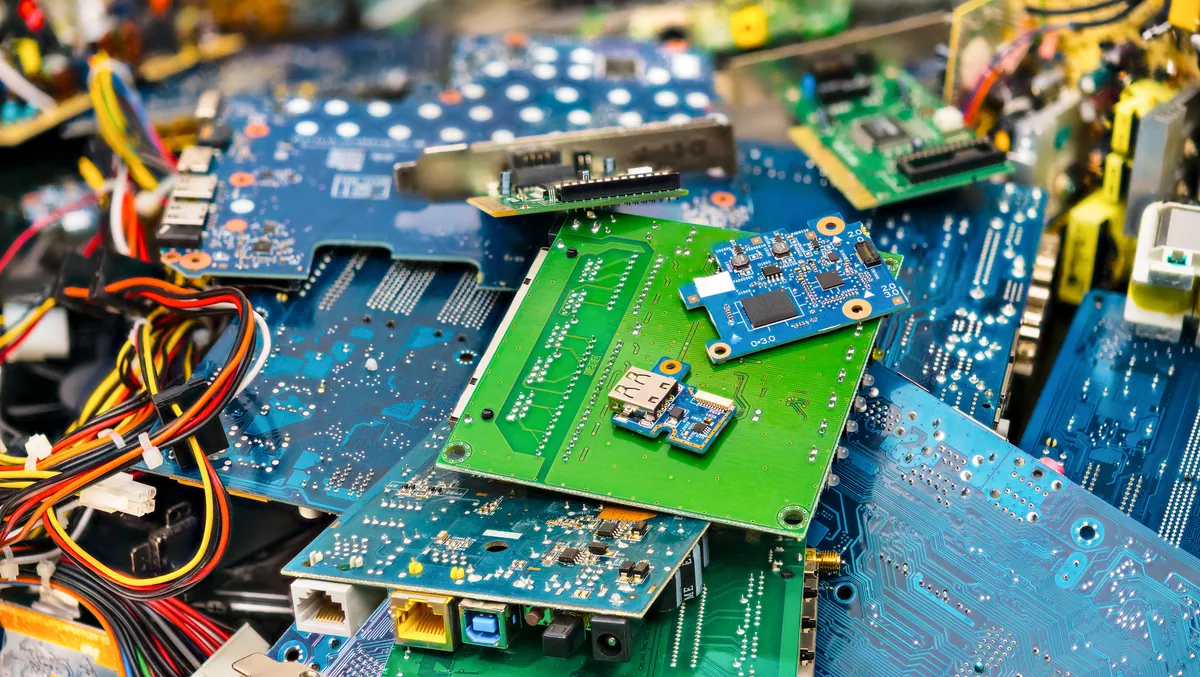
NZ’s first and only e-waste sorting machine launched
Computer Recycling has brought e-waste technology BLUBOX into the country, one of only eight worldwide.
The recycling provider says this new machine will be able to sort out a tonne of e-waste per hour.
The company says it has successfully processed more than 4000 tonnes of e-waste in the past three years. The introduction of the automated processing facility, comprising a BLUBOX shredding machine plus MSS Optical Sorter, will increase processing capabilities to 2000 tonnes each year.
Computer Recycling's managing director Patrick Moynahan, says that the implementation of BLUBOX is an integral move forward for New Zealand's e-waste strategy and could transition the country from one of the worst e-waste offenders in the developed world to global leaders.
"The average Kiwi produces 20kg of e-waste per year, which is one of the highest amounts per capita on Earth. On the whole,that's around 80,000 tonnes of e-waste per year," he says.
"BLUBOX technology allows Aotearoa to divert thousands of tonnes from the country's landfills every year. We've got shipping containers full of waste ready to feed the machinery for months, and then it's down to Kiwis doing the right thing and recycling their e-waste."
Computer Recycling says BLUBOX is the global gold standard for e-waste sorting. The machinery comes from Europe in several components and must be commissioned by specialist technicians.
New Zealand's closed borders meant local technicians worked with technicians in Europe via augmented reality technology to get the machinery up and running in Auckland.
In 2020, Computer Recycling secured a $1.5 million grant from the Ministry for the Environment through Te Pūtea Whakamauru Para, the Waste Minimisation Fund, to advance Aotearoa's recycling capability with new technology.
BLUBOX was officially switched on by the Minister for the Environment, David Parker.
"The BLUBOX machine is a step forward for New Zealand in its transition toward a circular economy," says Parker.
"We estimate our e-waste recycling rate at less than two per cent. This is well behind other countries, and we need to catch up with those showing the way."
Moynahan says many people don't consider what happens to electronics, or general waste, once it's in the bin.
"E-waste is tricky given it contains toxic plastics and metals which can harm our environment. That's why it's important e-waste is properly disposed of, and where applicable, recycled," he says.
"Central to Computer Recycling's mission is to educate Kiwis on proper e-waste disposal and reduce our e-waste to landfill. This will only be achieved through increased awareness on the importance of proper waste disposal and taking full advantage of new machinery like BLUBOX."


